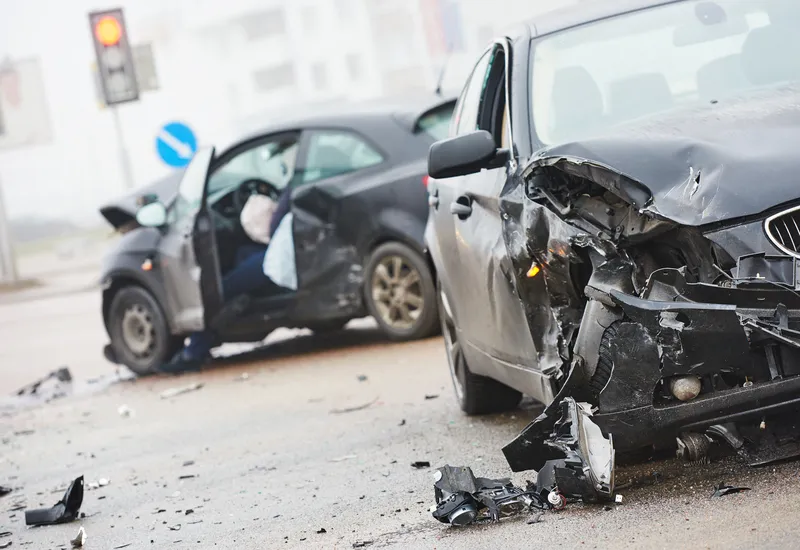Bosch has received the Global NCAP Award 2012 for developing and launching the electronic stability programme (ESP). The award, which is conferred by the Global New Car Assessment Programme, was presented during the consumer safety organisation's annual meeting in Malacca, Malaysia. Global NCAP’s rationale for this award was ESP’s high level of effectiveness and its ability to significantly reduce the number of road accidents and fatalities – thereby supporting the aims of the UN Decade of Action for Road S
June 14, 2012
Read time: 2 mins
RSS311 Bosch has received the Global NCAP Award 2012 for developing and launching the electronic stability programme (ESP). The award, which is conferred by the Global New Car Assessment Programme, was presented during the consumer safety organisation's annual meeting in Malacca, Malaysia.
Global NCAP’s rationale for this award was ESP’s high level of effectiveness and its ability to significantly reduce the number of road accidents and fatalities – thereby supporting the aims of the UN Decade of Action for Road Safety. The target of this United Nations campaign is to significantly limit the rise in the number of road deaths forecast for the period 2010 to 2020. ESP’s importance is also recognised by the newly-established local NCAP organisation for the ASEAN nations, ASEAN NCAP. Having the anti-skid system as standard equipment is a pre-requisite for the highest rating of five stars.
Since launching ESP in 1995, Bosch has delivered over 75 million such systems to vehicle manufacturers. The system detects the onset of skidding and counteracts this by reducing engine power and through controlled braking of individual wheels. Studies have shown that this can prevent up to 80 per cent of all skidding accidents. ESP systems always include an ABS antilock braking system as well as a traction control system.
Global NCAP’s rationale for this award was ESP’s high level of effectiveness and its ability to significantly reduce the number of road accidents and fatalities – thereby supporting the aims of the UN Decade of Action for Road Safety. The target of this United Nations campaign is to significantly limit the rise in the number of road deaths forecast for the period 2010 to 2020. ESP’s importance is also recognised by the newly-established local NCAP organisation for the ASEAN nations, ASEAN NCAP. Having the anti-skid system as standard equipment is a pre-requisite for the highest rating of five stars.
Since launching ESP in 1995, Bosch has delivered over 75 million such systems to vehicle manufacturers. The system detects the onset of skidding and counteracts this by reducing engine power and through controlled braking of individual wheels. Studies have shown that this can prevent up to 80 per cent of all skidding accidents. ESP systems always include an ABS antilock braking system as well as a traction control system.










